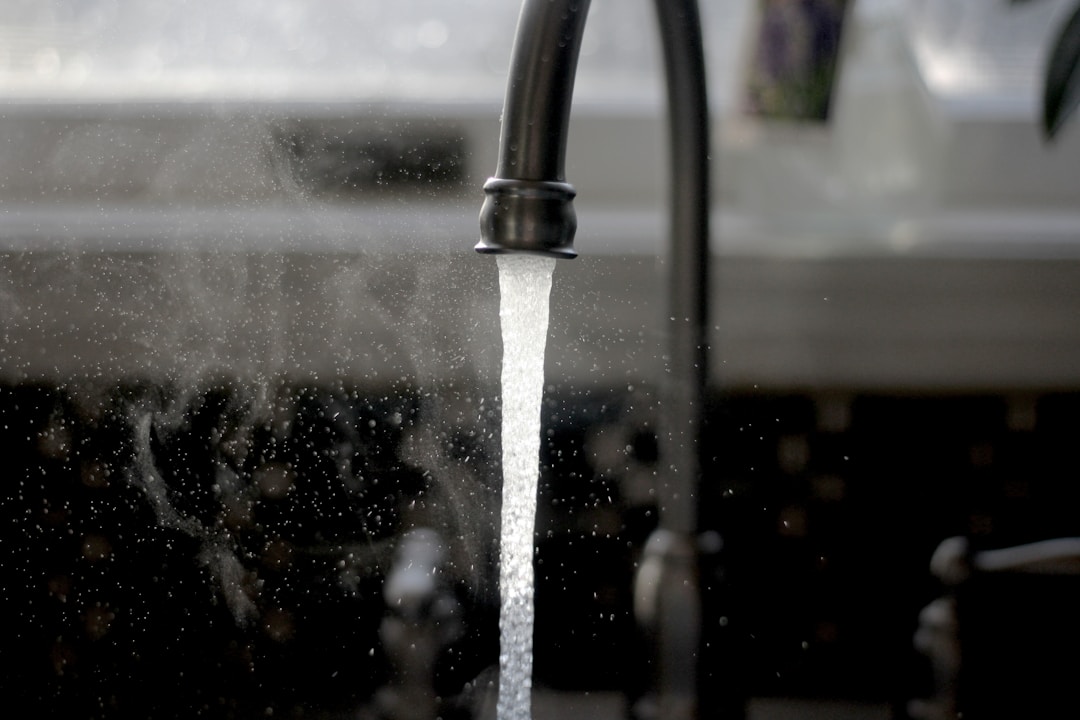Your water heater works hard behind the scenes to deliver hot water to your home. From hot showers and washing dishes to doing laundry, there are numerous ways that you rely on your hot water heater. Since your family utilizes the water heater frequently each day, it can be subject to problems and malfunctions from time to time.
Fortunately, most hot water heaters are designed with minimal parts, and identifying any issue can be fairly easy. However, if you experience any issue, you will want to take care of it quickly so that your hot water will be restored. Let’s take a look at some reasons for an ineffective water heater and how you can troubleshoot the problem.
Water Temperature Issues

Water temperature issues are among the most common problems that homeowners encounter. Cold water is usually caused by a lack of power, a faulty thermostat, or a faulty heating element. Troubleshoot any issues with the power by checking for a tripped circuit breaker or a blown fuse. Next, you can check the switches to ensure that they are on and that power indicators are lit. Finally, you’ll want to ensure that the thermostat is receiving power. If no power issues are detected, you most likely have an issue with your heating element, and you may need a licensed plumber to correct the issue.
Another issue with water temperature is that it might be warm but not hot enough. This could be the result of an undersized unit, crossed connections, or a faulty heating element. An undersized unit or crossed connections would be something that you notice soon after installing a water heater. If the problem is sudden or progresses gradually, it is highly likely that your heating element is malfunctioning. If the element is going bad, you will notice periods of hot water. However, it can be sporadic, and the overall temperature of the water will decline over time. You will need a professional technician to assess the heating element.
If you find that your water is too hot when it is running out, it is probably an issue with your thermostat. Typically, many homeowners find that the water coming from the faucet is too high because the water heater temperature has been set too high. You can refer to your water heater’s manual to learn about adjusting the temperature. The U.S. Department of Energy suggests a setting of 120 degrees Fahrenheit for the best balance of efficiency and heat.
Leaking Water Heater

Another problem that you may experience with your water heater is leaks. Most units are equipped with a pressure relief valve that is designed to discharge pressure from the tank when it becomes too high. Occasionally, this valve can become damaged or give out with normal wear and tear. In either case, pressure valve problems are a common issue that will cause your heater to leak. If you are handy enough, you can replace the pressure valve yourself, as the process is not overly complicated. However, if you aren’t comfortable with the process, a plumber can assist with valve replacement.
Aside from a faulty pressure relief valve, you will want to check all of the plumbing connections to ensure that a leak isn’t the result of a loose element. In a worst-case scenario, tank lining corrosion may have led to a hole opening up at the bottom of your tank and creating a leak. If this is the case, you will typically require a new water heater. A professional can help you diagnose the issue and recommend solutions for a replacement.
There could be a few problems that require anything from a simple quick fix to a complete unit replacement when it comes to water heater issues. If you are having issues with your water heater, try to troubleshoot the problem first, but you may need the assistance of a professional plumber.
